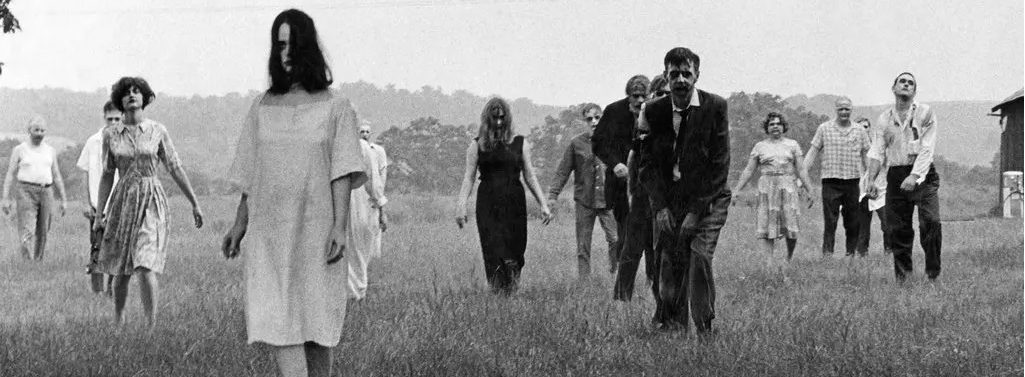Noel Carrol begins his “Why Horror?” essay by noting that questions arise about watching horror that don’t come up with other sorts of movies. “Why” he asks, “would anyone want to be horrified, or even art-horrified?” People don’t routinely seek out experiences they find disturbing or disgusting, but disturbance and disgust are often central to the experience of horror. So, after a semester of watching horror movies, thinking about their internal properties, and discussing audience responses, why do you think horror remains such a widely (though not universally) popular genre? Feel free to cite the arguments of Carrol or Tudor, or to offer an idea that is entirely your own.
2 thoughts on “Why Horror”
Leave a Reply
You must be logged in to post a comment.

Carroll argues that, to a large extent, “horror stories are driven explicitly by curiosity”. Furthermore, horror is driven by the monster, which is by nature an impossible being or a being that is impossible to understand. The monster being unknowable is what drives the audience’s curiosity. Carroll believes that the primary source of pleasure found in horror is the discovery or confirmation of the horrific being. I also think horror can be pleasurable because of the concept of catharsis. Horror provides a safe space for individuals to experience and confront intense emotions such as fear, anxiety, and disgust in a controlled environment. By engaging with these emotions through fiction, viewers may find a cathartic release, allowing them to process and manage real-life fears more effectively. Similarly, horror films often trigger the release of adrenaline and other stress hormones, leading to an adrenaline rush. Some viewers seek out this physiological response as a form of entertainment, enjoying the heightened sensory experience and the thrill of being scared in a controlled setting.
Overall, I find that Tudor offers a more convincing argument, with many overlapping points between his paper and my own thoughts on the topic. I think there is a lot of variety in the reasons why people like horror, especially given the sheer diversity of the genre over time, a point brought up in Tudor’s paper. We don’t like Dr. Jekyll and Mr. Hyde for the same reasons that we like Hereditary and I would guess that most of our class didn’t find Dr. Jekyll and Mr. Hyde particularly horrifying (or terrifying).
I think that one of the reasons that the horror genre has such an audience is simply that they are an adrenaline rush. In the same way people like roller coasters, eating really spicy foods, playing truth or dare, we seek pleasure in things that are in some way contradictory to our natural instinct. Similar to the argument of Tudor that horror is actually satisfying deep sadomasochistic desires, it has not always been societally acknowledged humans have “twisted” (contradictory to basic human nature) desires and the horror genre has tended to address them more than any other genre. As Carrol says, we do have innate curiosity about categorical violations, and horror narratives propose a variety of answers to these questions.
Tudor sums his paper up with the question, “Why do THESE people like THIS horror in THIS place at THIS particular time?” The genre of horror has greatly changed over time, as we’ve learned, and what seems to have stayed constant about it is that it remains slightly removed from heteronormativity and the real world. We like the forbidden, even if we don’t know what it is, and horror gives that to us in a non-dangerous (unless you believe in cursed movies) way.